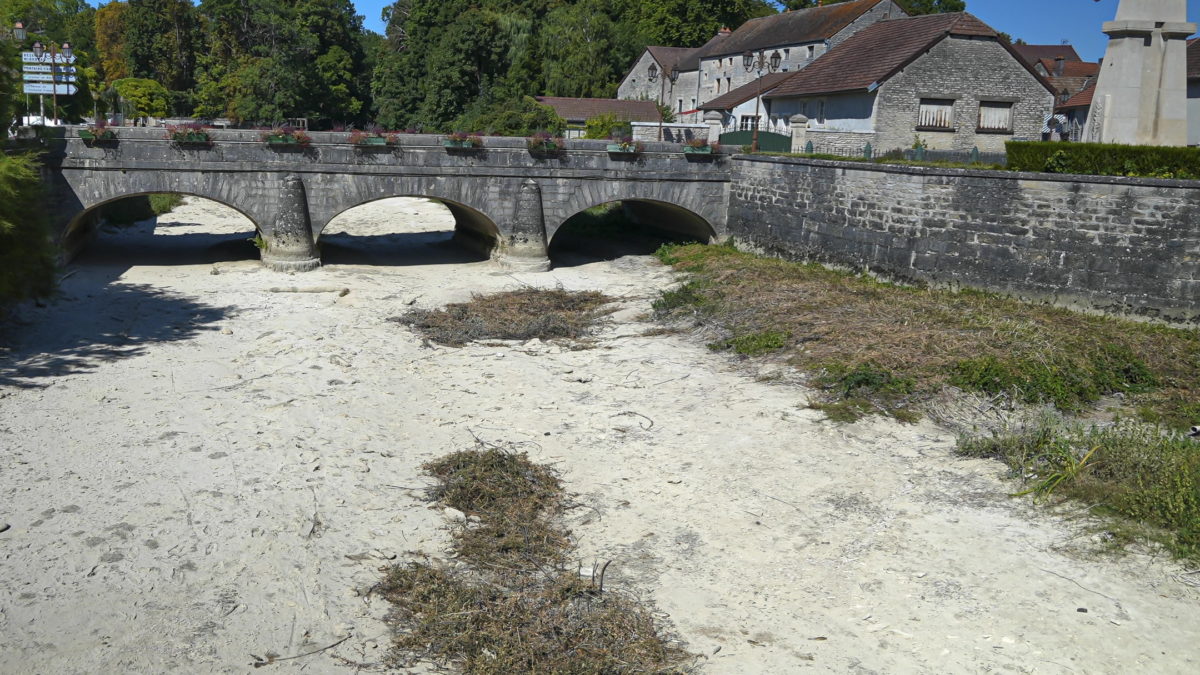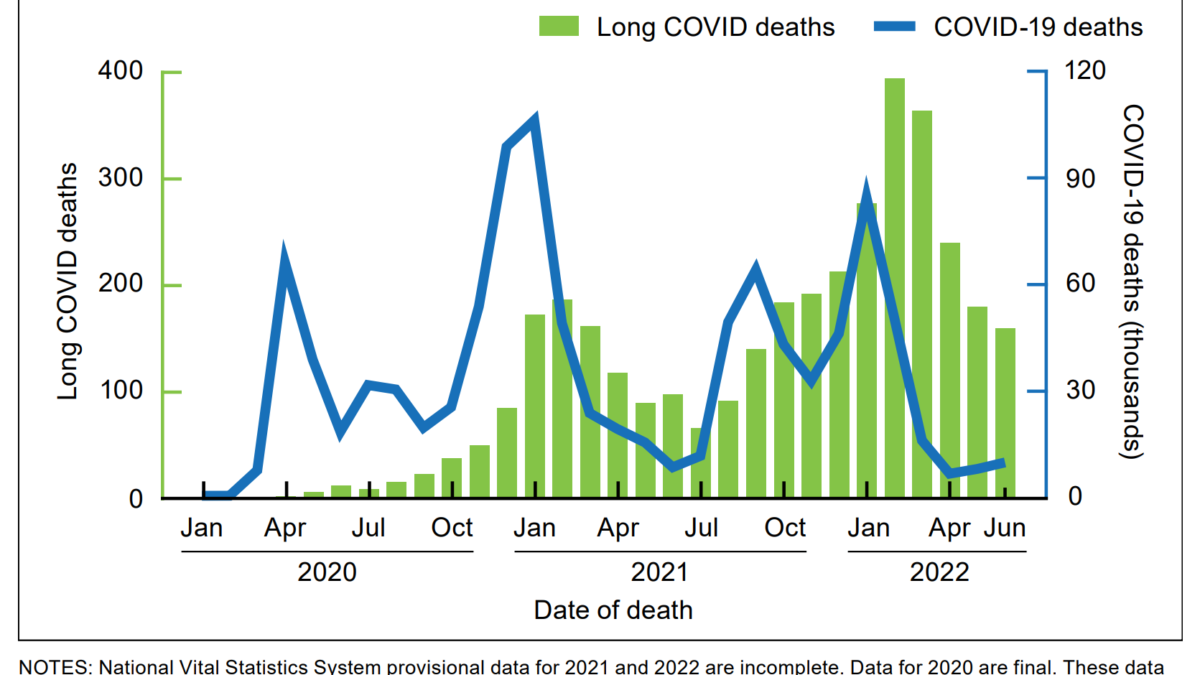How the 2008 financial crash made cities unaffordable worldwide – Property markets in the world’s major cities have “synchronised”, leaving behind nations and citizens
By Nathan Brooker
14 March 2018
(Financial Times) – In the stormy spring of 2008, the UK’s worsening property downturn was yet to hit Sloane Street in central London. A full year after the start of the credit crunch and the run on Northern Rock — which started a slide that would see more than 20 per cent chalked off the average house price — the local Savills office was still processing bumper sales.
“We had a fantastic, booming year in 2007,” says Jonathan Hewlett, head of their London region. “At the uber end values continued rising into 2008.” Receipts came in for £50m, £60m, even £70m homes. “Then Lehman Brothers crashed and everything changed,” he says. “The banking system appeared to be in meltdown.” He remembers taking calls from worried clients wanting to slash 35 per cent from their asking price.
“It was bleak,” says Liam Bailey, global head of research at Knight Frank. “From October 2008, the market pretty much stopped.”
When it picked up again about six months later, the prime London market — and other prime markets around the world — started behaving differently to the way they had before.
“The idea of the global city had been around in the 1990s and 2000s, but what happened after 2008 is that these cities synchronised,” says Yolande Barnes, head of World Research at Savills. “They started acting much more like each other, much more like independent city states, than they did their home markets.”
Based on its annual Wealth Report index, the research team at Knight Frank has collected data from eight global cities, showing how their prime property markets have performed in the 10 years since the financial crisis — and, with the exception of a few outliers, the same forces seem to be acting on them. [more]


